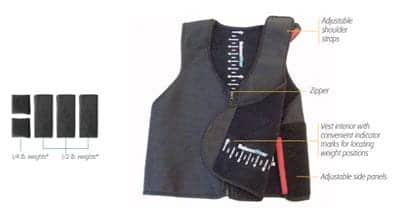A literature review of stroke rehabilitation systems culminates in the creation of the Soft Orthotic Physiotherapy Hand Interactive Aid (SOPHIA), a brain machine controlled soft robotic system.
Research by first author Alistair C. McConnell suggests a lack of stroke rehabilitation systems for the hand that could be used in a domestic environment and could monitor both physical and neural progress.
The SOPHIA was developed as a result, and it is built to provide rehabilitation aid in two forms, explains a news story from Robohub:
Passive rehabilitation, where the subject performs their exercises, and this is reflected in a 3D representation on a screen, and all the data is stored for analysis; and Active rehabilitation, where the subject attempts to open their hand and if the full extension is not achieved in a designated time, the system provides the extra force needed.
The SOPHIA system consists of a soft robotic exoskeleton with a set of pneunets actuators providing the force for the fingers of a hand to be fully extended, and an electropneumatic control system containing the required diaphragm pumps, valves and sensors in a compact modular unit.
It also includes a Brain Machine Interface, engineered to enable motor imagery techniques, where the electroencephalogram signal from the subject could be used as a trigger for the extension motion of the hand, augmenting the active rehabilitation, the news story explains.
[Source: Robohub]





